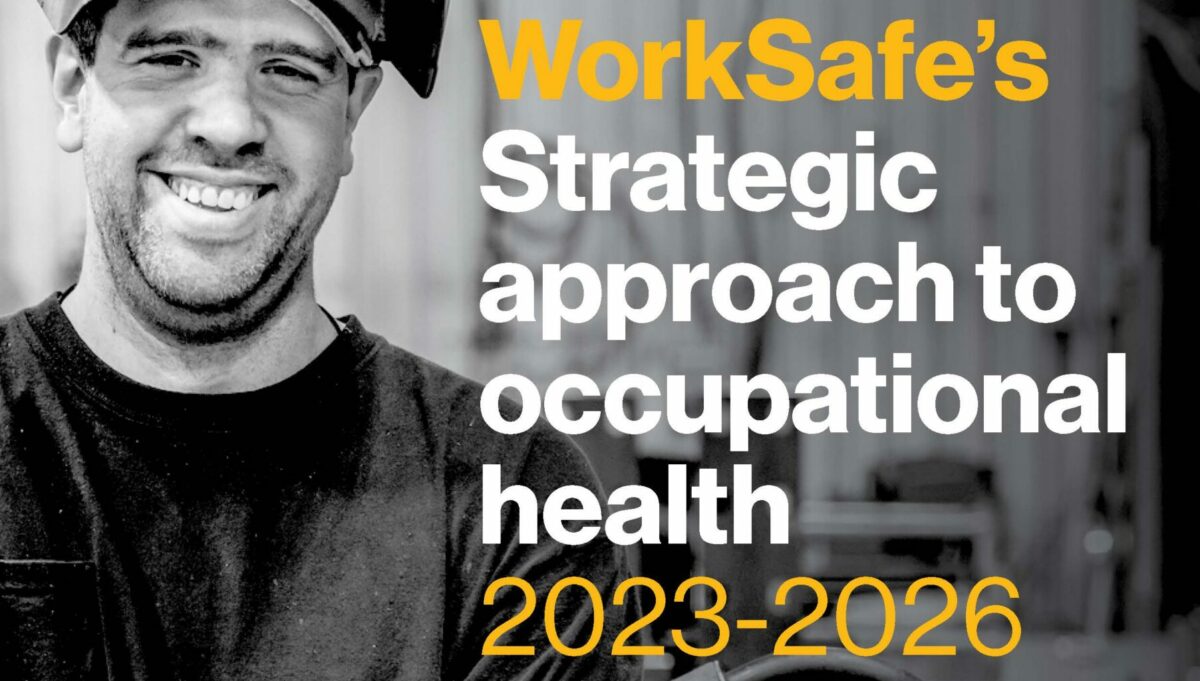I will be attending the 23rd World Congress on Safety and Health at Work in Sydney in November 2023. After a previous attendance at the Singapore conference a few years ago, I have high hopes but also some reservations.
The Congress is a major opportunity to open our minds. We Australians may think we are leading in some areas of occupational health and safety (OHS), but other than nominated speakers, we may need to be silent about our success until after we have listened and learned about the OHS experience of others. Some delegates will have an inflated sense of importance (more than ours), but most have come to learn, and it’s these delegates on whom we should focus.






